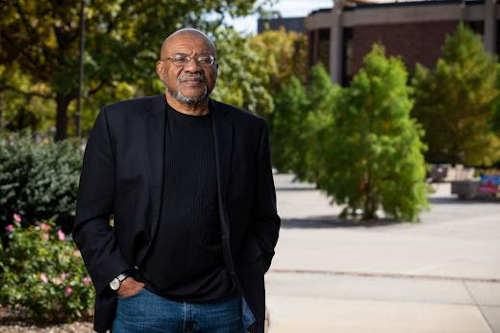Thanks to a generous grant from the Lake County Wine Alliance, lessons are free.
Instruments are not provided. Rentals and purchases are available in Kelseyville, Ukiah and Santa Rosa.
Registration deadline is Sept. 1.
Classes are held Sunday afternoons at the Presbyterian Church, located at Church and Third streets, in Kelseyville.
The date of the first class is Sept. 19.
Registration forms are available to print out at http://www.lakcountysymphonyassociation.org.
Completed forms should be returned to LCSA, P.O. Box 974, Lakeport, CA 95453.








